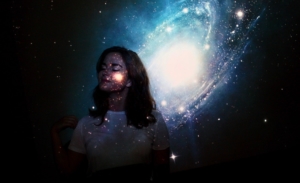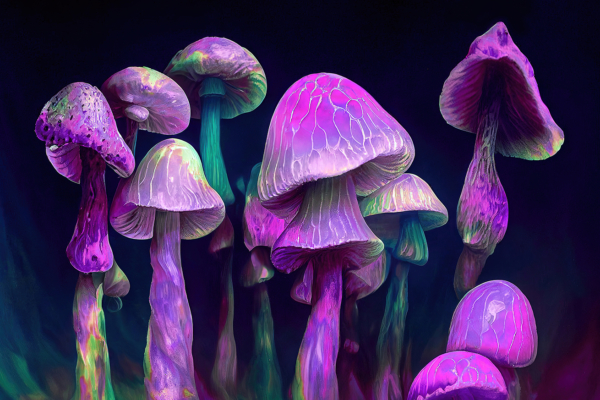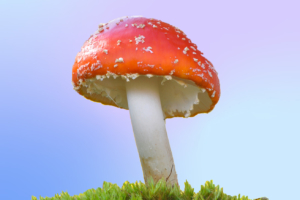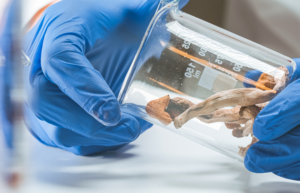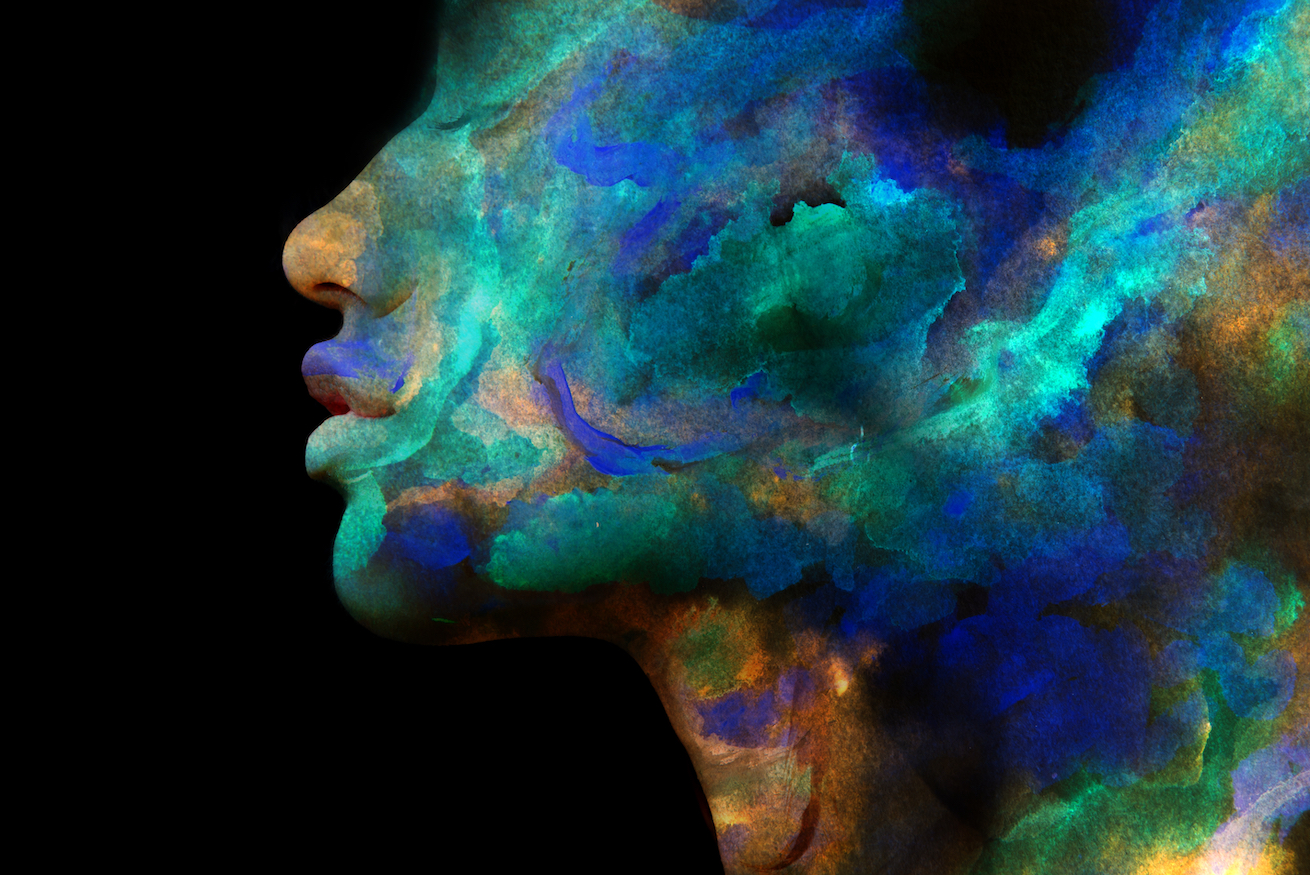
A clinic at Lenox Hill Hospital in Manhattan, New York, is set to offer underserved and marginalized communities access to psychedelic therapies.
Facilitated by a grant awarded to Canadian biopharmaceutical company Cybin, it is hoped this clinic will become one of the first hospital-based clinical sites to offer psychedelic medicines in the United States.
Lenox Hill Hospital is located on the Upper East Side of Manhattan. The 450-bed acute care facility is the flagship Manhattan hospital of Northwell Health, the largest healthcare system in New York state.
Through Cybin’s grant, the hospital’s clinical program aims to address health inequities by offering treatments with no out-of-pocket costs to individuals who would otherwise be unable to afford them. The program also plans to provide psychedelic treatments to frontline healthcare workers impacted by the COVID-19 pandemic.
Clinicians at the facility will be trained in MDMA-, ketamine- and tryptamine-assisted psychotherapy. They will also receive training in EMBARK: a transdiagnostic psychedelic psychotherapy model created by Cybin’s Chief Clinical Officer Dr. Alex Belser and Ph.D. candidate Bill Brennan.
“Lenox Hill Hospital is excited by the potential of these modalities for the treatment of previously intractable conditions such as severe depression, chronic post-traumatic stress disorder (PTSD), and obsessive-compulsive disorder (OCD),” said Dr. David Roane, who is the Chairman of Psychiatry at Lenox Hill Hospital.
Dr. Roane said the program was dedicated to addressing health inequities. “In particular, people of color are greatly underrepresented in psychedelic research studies, and our team is committed to the inclusive recruitment of patients.”
As the therapeutic use of psychedelics becomes more widely available, cost remains a significant barrier for people wishing to access these treatments. For example, ketamine infusions can cost between $400 and $2,000 per treatment, with patients usually needing multiple sessions.
Because it is a novel therapeutic method, psychedelic-assisted therapy programs are not covered by health insurance in the United States or Canada. However, patients may be able to claim a partial reimbursement under a psychotherapist or psychologist benefit, depending on what their plan covers. As a result, currently, psychedelic therapies are only widely accessible to people who can afford to pay upfront for these treatments.
A recent survey by Halo Collective and Red Light Holland of adults in Oregon — the first state in the United States to legalize the therapeutic use of psilocybin mushrooms — found that on average, people would be willing to pay $100 for a psilocybin therapy session and approximately $50 for a microdosing session.
“It’s time for psychedelic medicine to climb down from the ivory tower and into the community,” said Dr. Belser. “We are honored to support this program at Lenox Hill Hospital and start a low-cost/no-cost psychedelic clinic for marginalized and underserved communities in New York.”

